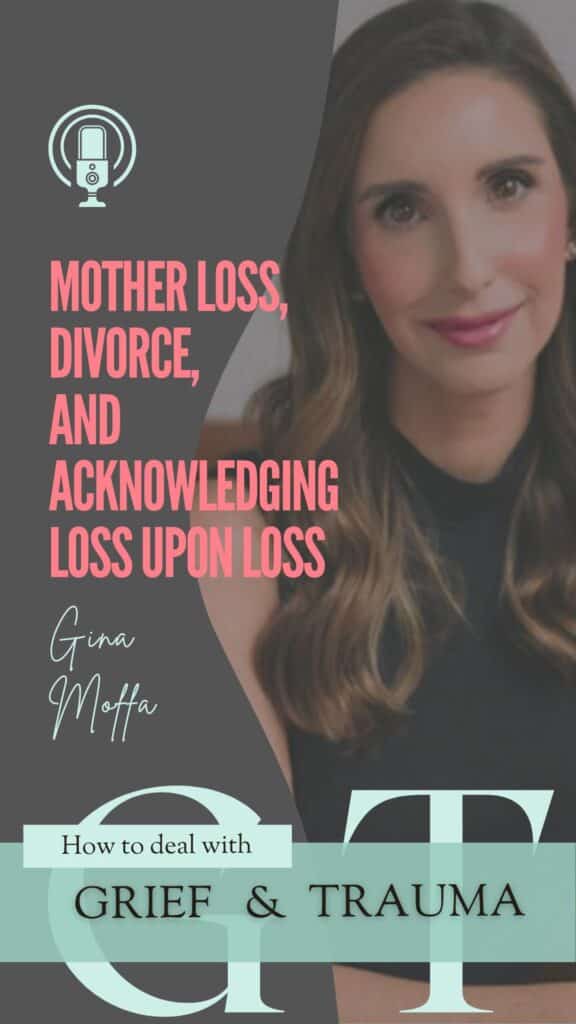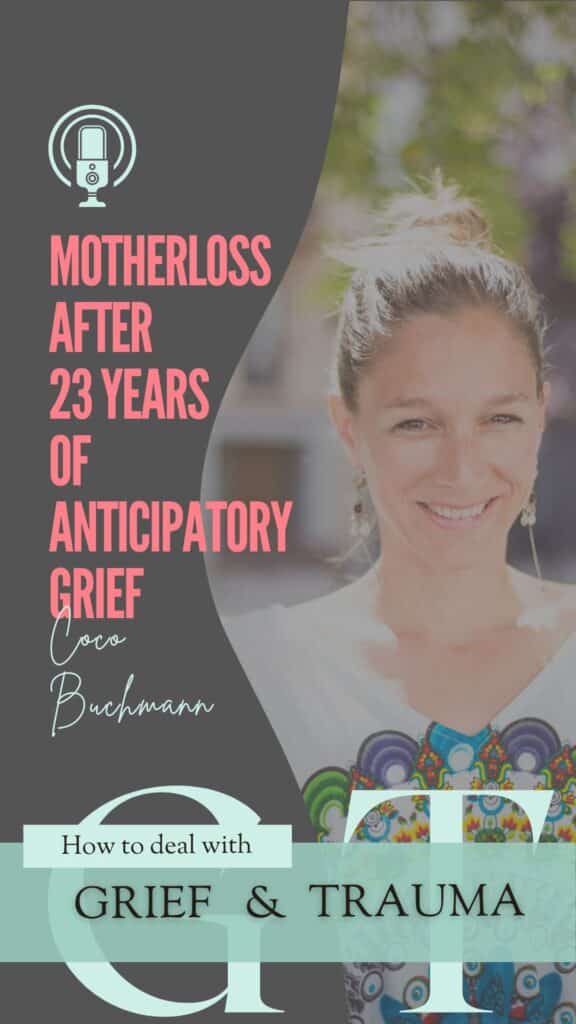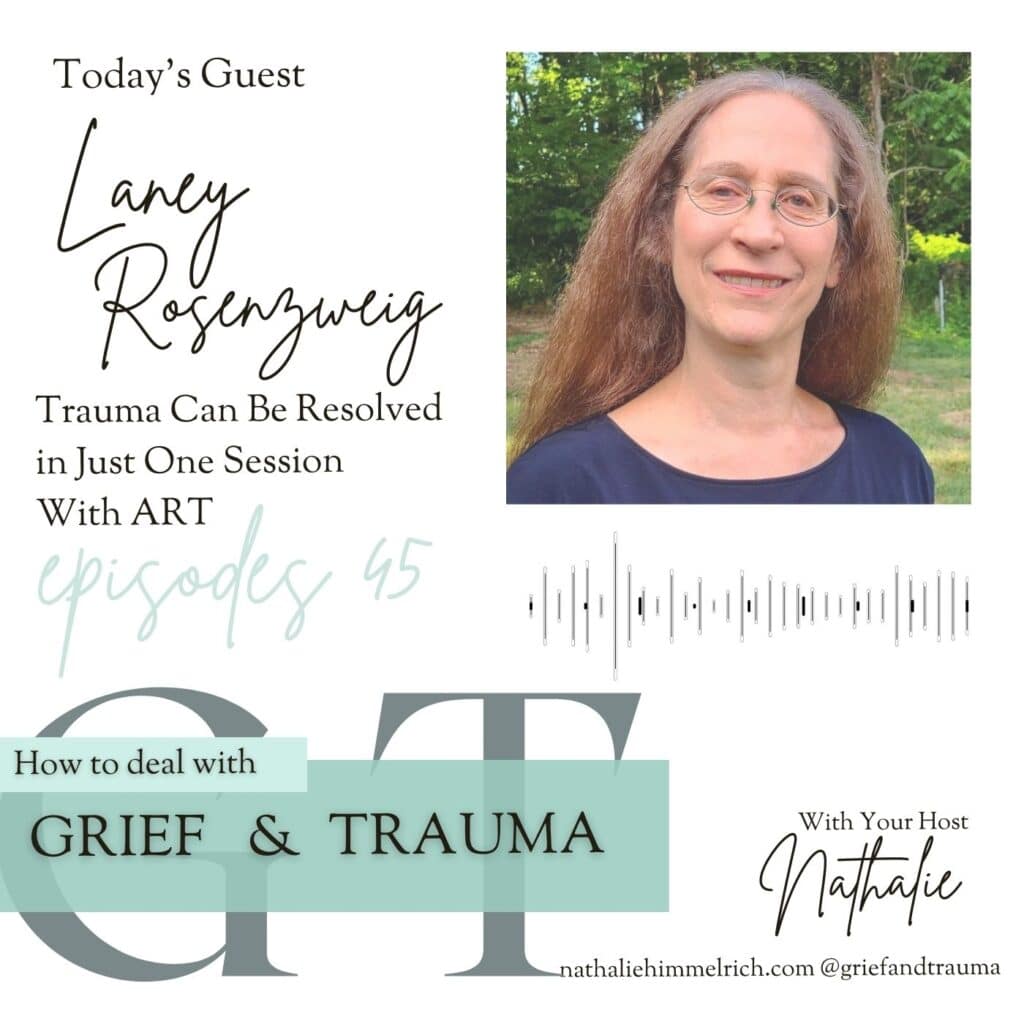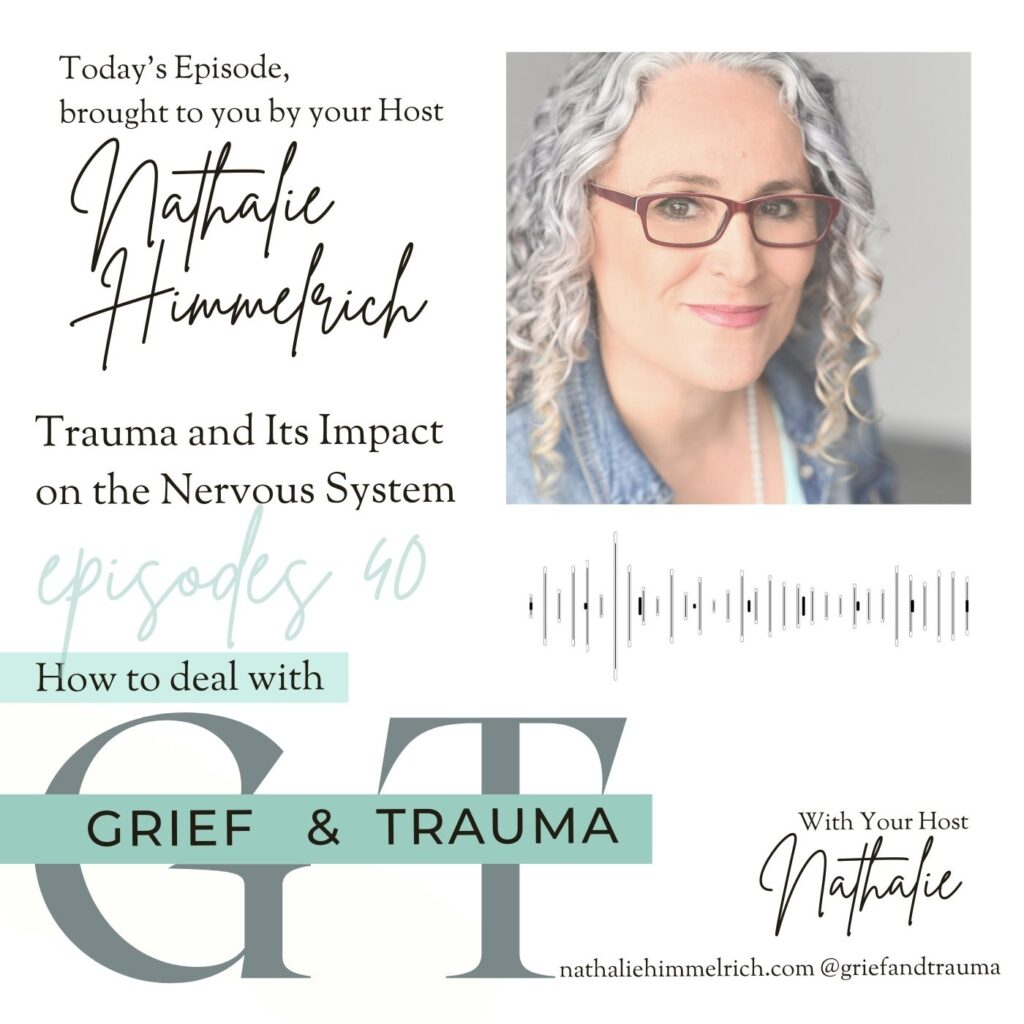Welcome again to the How to Deal With Grief and Trauma Podcast Season 7.
HOW TO DEAL WITH GRIEF AND TRAUMA is completely self, funded, produced, and edited by me, Nathalie Himmelrich.
Consider making a small donation to support the Podcast: bit.ly/SupportGTPodcast. Thank you!
For more information, please visit Nathalie’s website, join the podcast’s Instagram page, and subscribe to the newsletter to receive updates on future episodes here.
This upcoming season is full of amazing guests. Some of these you will know as they have been speaking about grief and trauma for many years and are world-renowned experts. Others might be less widely known but they have equally important aspects to share about how to deal with grief and trauma.
Season 7 of the podcast will restart on Tuesday with episode #65 and after that new episodes will drop every Monday as per usual. If you’d like to receive updates to never miss an episode and receive special invitations, only sent out to newsletter subscribers, please sign up for the weekly newsletter on nathaliehimmelrich.com.
Thank you for your support and please rate the show.
Blessings,
Nathalie Himmelrich
Your Podcast Host
Support the show:
- Become a supporter of the show! Starting at $3/month
- Join Facebook Group – Grief and Trauma Support Network
- Download the FREE grief resource eBook
- Book a Discovery Call
- Leave a review
Follow on socials:





